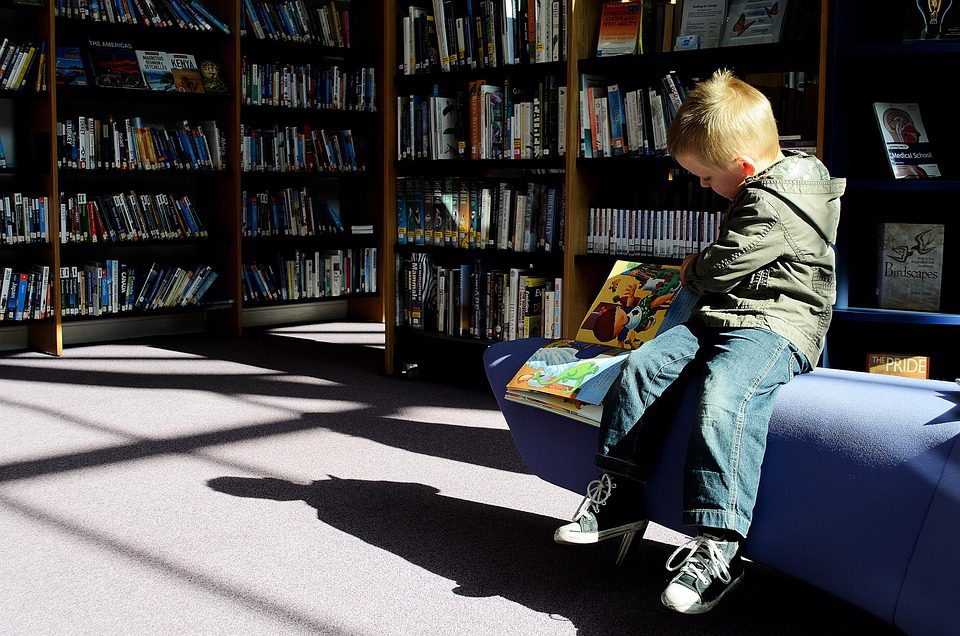The Philosophy of Hope: Analyzing the Ethics and Significance of Hope in Contemporary Society
Hope is a universal human experience that transcends all cultures, languages, and religions. It is a belief or desire that something good will happen in the future, a feeling of trust or confidence that things will turn out for the best. It is a powerful and essential human emotion that inspires us to pursue our dreams, persevere through difficult times, and overcome adversity.
The Ethics of Hope
The idea of hope is closely connected to ethical considerations as it sets up the values and the end goals humans strive towards. Ethics involves the principles and values that guide individuals in their daily lives and help them make decisions that are morally sound. Hope plays an important role in ethics, as it motivates individuals to live a good life and to strive towards a better future.
Hope is also connected to social justice and the pursuit of a better world. In a world that is often marked by inequality, injustice, and poverty, hope can serve as a powerful motivator for social action. It can inspire individuals and communities to work together to create change, to fight discrimination and injustice, and to build a more equitable society.
The Significance of Hope in Contemporary Society
Hope has always been an important part of human existence, but its significance has become even more pronounced in contemporary society. The world today is marked by unprecedented levels of uncertainty and unpredictability, with individuals and communities facing a host of challenges, from climate change to political instability and economic inequality.
In such a context, hope can play a central role in helping individuals cope with the challenges they face. It can provide a sense of purpose and direction, instilling in people the belief that they have the power to effect change and to build a better future.
More than that, hope can also serve as a unifying force, bringing people together in the pursuit of shared goals and values. By fostering a sense of community and solidarity, hope can help to build stronger, more resilient societies that are better equipped to navigate the challenges of the future.
FAQs
Q. How can individuals cultivate hope in their daily lives?
A. Cultivating hope involves acknowledging the challenges that one faces, while also recognizing the potential for change and growth. It also involves setting goals and working towards them, and surrounding oneself with individuals who provide support and encouragement.
Q. What is the relationship between hope and faith?
A. While hope and faith are often used interchangeably, they are distinct concepts. Faith refers to a belief in a higher power or a transcendental reality, while hope relates more to a belief in the potential for positive change or a better future.
Q. Is hope always a positive force?
A. While hope is generally seen as a positive force, there are instances where hope can be misguided or harmful. For example, if an individual has unrealistic expectations or is unwilling to acknowledge the challenges they face, their hope may become a source of denial or avoidance rather than motivation.

